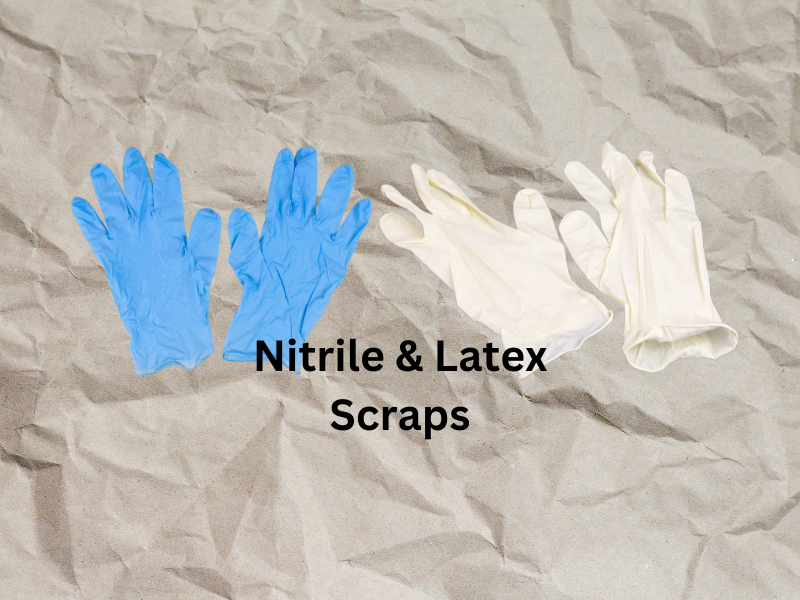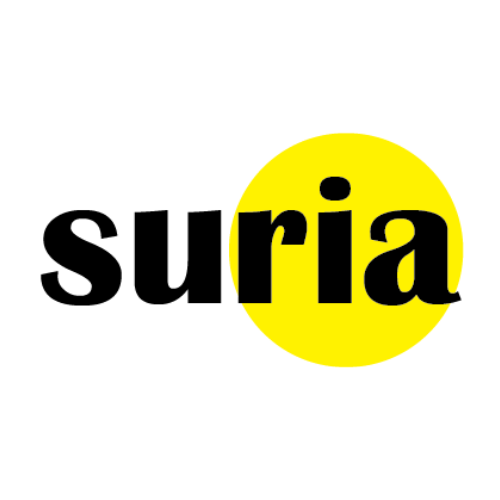When it comes to food safety, every part of the production process must meet strict standards, especially personal protective equipment (PPE) like gloves. While buying latex or nitrile glove scraps might seem like a cheaper option, it poses serious risks for food processors.

Why the Food Processing Industry Should Not Buy Latex or Nitrile Glove Scraps
Quality and Hygiene Concerns: In food processing, gloves are vital for maintaining hygiene and preventing contamination. Glove scraps, by definition, are leftover materials from production, which may be defective, damaged, or fail to meet the necessary quality standards.
- Risk of Contamination: Scraps often have defects such as small holes or tears, allowing bacteria or contaminants to pass through, increasing the risk of food contamination. This can lead to foodborne illness outbreaks, recalls, or fines.
- Inconsistent Protection: Scraps may have uneven thickness or durability, meaning some gloves may fail during use. In food processing, this inconsistency compromises the safety of food products.
- Material Breakdown: Gloves made from scrap materials are often less durable, which means they may tear or break down faster. In food processing, this can lead to pieces of the glove itself contaminating the food being handled.
Economic Risks: While buying scraps might seem like a way to save money, it can end up costing more. Non-compliance with food safety regulations, product recalls, or contamination issues can result in fines and damage to your business reputation, negating any savings made from purchasing lower-quality gloves.
How to Identify Latex or Nitrile Glove Scraps in Food Processing
If you’re considering purchasing latex or nitrile gloves at a lower price, it’s essential to be cautious. Therefore, here’s how you can identify scraps and avoid using substandard gloves:
- Inconsistent Appearance and Quality: Glove scraps often show visible inconsistencies, such as:
- Irregular thickness or weak areas in the material.
- Visible defects like holes or uneven textures.
- Differences in color, texture, or finish that suggest poor quality control.
- Significantly Lower Price: If the price of the gloves is unusually low compared to standard rates, there’s a chance the gloves are scraps. Scraps are often sold at lower prices because they fail to meet industry standards.
- Unknown Source: Be cautious if the gloves come from sources like factory closings or liquidation sales. Suppliers often sell these gloves as-is, which may include those that do not meet food safety requirements.
Conclusion: Why Food Processing Businesses Should Avoid Buying Glove Scraps
While glove scraps may seem like a budget-friendly option, the potential risks far outweigh the savings. The dangers of contamination, quality control issues, and non-compliance with regulations make glove scraps unsuitable for food processing. It’s always best to invest in high-quality, certified gloves to ensure the safety of your business, your workers, and your customers.
Have you ever considered buying latex or nitrile glove scraps? If so, what was your experience? We invite you to share your thoughts in the comments below. Together, let’s discuss how food processors can maintain high safety standards with the right PPE.
Discover our full range of disposable PPE products here

Leave a Reply
You must be logged in to post a comment.